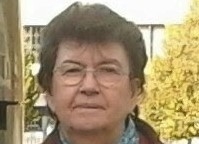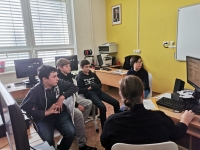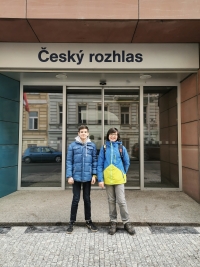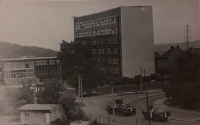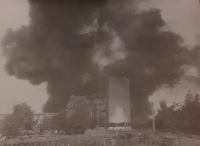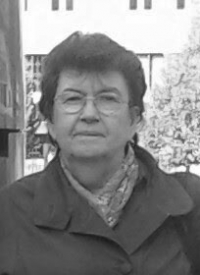It is important to feel good about yourself

Download image
Alena Ševčíková was born on February 11, 1938 in Kladno. His father worked as a police officer, and due to his job, the family often moved. They lived in Kladno, Kadan and since 1942 in Prague. Their apartment was located near the shooting range in Kobylisy, which also served as an execution site during the war, and frequent shootings were etched in Alena’s memory. In June 1945, the family moved to Rumburk. Alena graduated from the Business Academy. After graduating, she joined the District National Committee in Rumburk as an accountant. Alena returned to Prague with her husband in 1962 and has lived here until today. She has worked all her life for the state administration as an accountant, for the last twenty years for the City of Prague. She enjoyed her work, she was an enthusiastic promoter of the introduction of new technologies in accounting data processing. She experienced a complete feeling of helplessness, hardship and fear during the occupation of our country by the Warsaw Pact troops in August 1968. Since 1969 she has lived in England, accompanying her husband on a scientific internship in Lancaster. They did not consider emigrating for family reasons. She welcomed the changes brought about by 1989, but did not take part in the November demonstrations.
